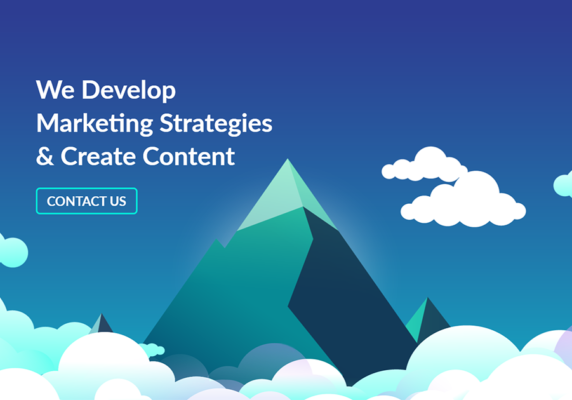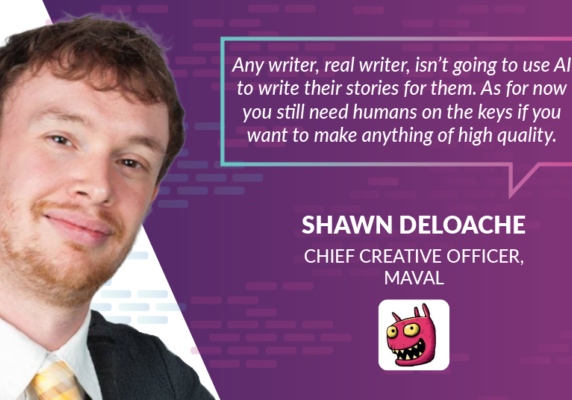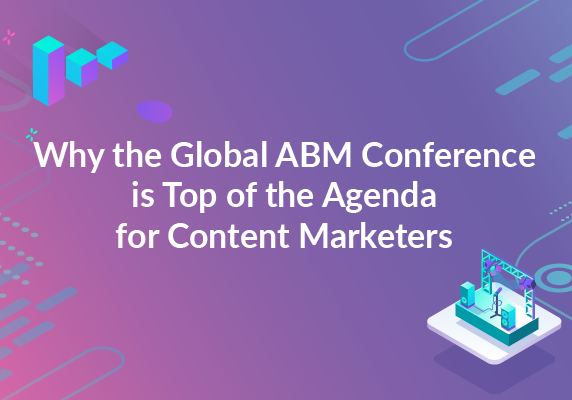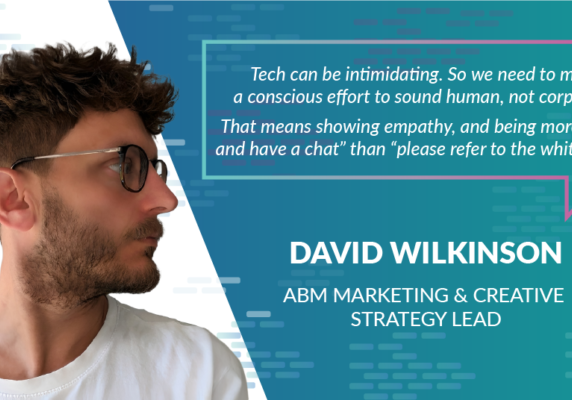Why AI is Going to Disappear in Marketing
Mike Maynard is the owner of B2B PR agency Napier PR. His expertise in engineering and marketing means he has a unique insight into how AI will change marketing. We discuss what this means for marketers, how they can prepare and tips on how to take advantage of AI today.
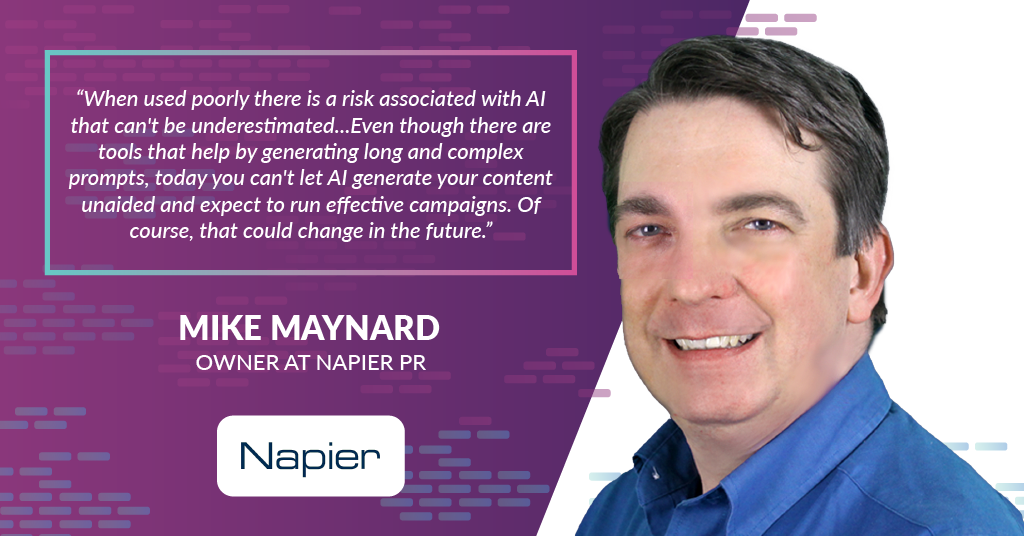
1) How has AI changed your industry over the last few years?
AI has subtly changed the marketing industry over the last few years. At least that was the case until last year!
AI was slowly introduced into many marketing tools – particularly advertising platforms like Google Ads. Marketers were using AI without really thinking about it: campaigns just ran more effectively. This machine learning that optimises campaigns is now an integral part of paid campaigns.
In the last year or so generative AI has shaken up the industry. In highly specialised technology sectors, it’s a long way from writing great content by itself, but that doesn’t mean it hasn’t had an impact. From generating ideas for everything from advert headlines to interview questions, AI is a creative assistant that is making marketers more efficient and effective.
It’s important to remember that we work in specialist industries where technical descriptions of new products must be precise and accurate. In other markets the output from generative AI is much closer to the quality that is required or expected.
2) Do you have any fears about how AI will effect innovation and creativity, particularly when teams are trying to generate original content for clients?
When used poorly there is a risk associated with AI that can’t be underestimated. Put simply, AI simply generates content by adding the most likely next word (that would be written by someone who knows the topic). This is a particular problem for specialist industries as the model might have only a small set of content on which it’s based.
This means AI can produce bland generic content, or even simply plagiarise existing content. Using the raw output of generative AI doesn’t produce great content. It also tends to do a disappointing job of describing new technologies.
Even though there are tools that help by generating long and complex prompts, today you can’t let AI generate your content unaided and expect to run effective campaigns. Of course, that could change in the future.
3) How has AI enhanced your team’s productivity when putting together campaigns?
AI is great for ideas. For example, ask AI for twenty potential Google ads headlines and you’ll get three or four good ideas. But some of the ideas will also be terrible.
AI is also great at summarising content, helping writers research Technologies and products in less time. So, it has made the team much more efficient.
4) To what extent do you think AI should be used for automation?
Today AI delivers great results when optimising campaigns. The machine learning algorithms increase effectiveness of paid campaigns in particular, and is trivial for a computer to work out which email or advert wins an A/B test (technically this isn’t AI but I think it’s worth mentioning). So, for optimisation you can trust the machines, although it’s always a good idea to keep an eye on what is going on.
With the state of generative AI today we don’t recommend that clients let the systems create email content dynamically, particularly when you are promoting highly technical products. Although the majority of the output is OK, there is a risk that the generated emails can sound bland and generic, and a real concern that the text produced by AI may not express features and capabilities in the precise way that the audience demands.
5) What specific AI tools do you currently use at Napier?
We use a wide range of tools that benefit from AI. Many of our advertising tools have AI embedded to either optimise campaigns or suggest ideas for content. We use tools such as ChatGPT to summarise content and provide ideas for writers, although we do not use AI to generate text that will be used by clients because of the issues around quality and originality that I have described above. We use generative AI to create images for internal presentations.
One major issue around generative AI that I’ve not yet covered is whether brands own copyright of content that is machine generated. The law is still evolving on this issue, but it looks as if machine generated content can’t be copyrighted in the USA, although the law may be different in other countries. Unsurprisingly brands tend to want to have control over their marketing materials and therefore want to avoid this risk.
6) What is the future for AI in PR campaigns?
I’m tempted to say that if I knew that, I’d be a rich man! There are opportunities for AI from identifying journalists who will be most receptive to pitches to generating the content they cover. For the foreseeable future, however I see AI helping PR professionals and making them more effective rather than replacing the PR role completely.
Many thanks Mike, some really interesting insights into the pros and cons of AI in Marketing & PR.
For more information about how Napier PR use AI in their PR campaigns, you can contact Mike directly: mike@napierb2b.com


